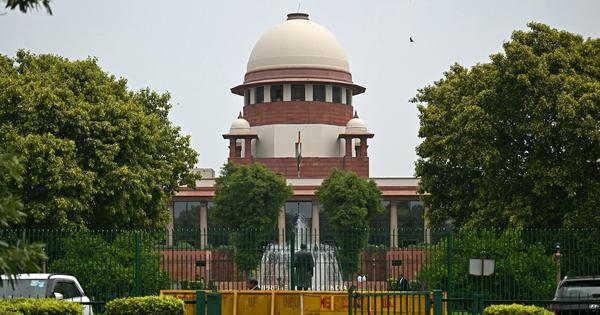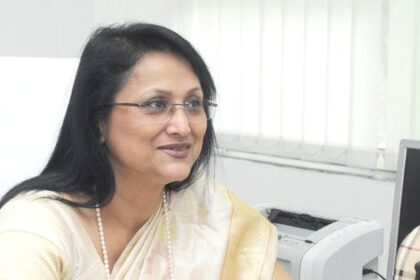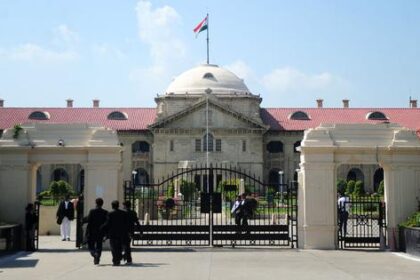State argues that backward communities comprise over 85% of population despite significant disadvantages.
The Madhya Pradesh government has presented its case to the Supreme Court, asserting that backward communities make up more than 85% of the state’s population, yet they continue to face severe disadvantages. This statement came as part of the government’s defense regarding its 2019 decision to increase reservations for the Other Backward Classes (OBCs) from 14% to 27%. The government’s affidavit, filed on September 23, draws upon data from the 2011 Census, which indicates that Scheduled Castes represent 15.6% of the population, Scheduled Tribes 21.1%, while OBCs constitute over 51%.
The affidavit was submitted in response to petitions that challenge the legality of Section 4 of the 1994 Madhya Pradesh Lok Seva Reservation for Scheduled Castes, Scheduled Tribes, and Other Backward Classes Act, which was amended in 2019. Under the revised provisions, Scheduled Castes were allocated 16% reservations, Scheduled Tribes 20%, and OBCs 27%. Additionally, a quota of 10% was designated for Economically Weaker Sections, bringing the total reservations in the state above the 70% threshold. This figure surpasses the 50% cap on caste-based reservations established by the Supreme Court in 1992.
In 2022, the Madhya Pradesh High Court issued an interim ruling that put a hold on the 2019 amendment, limiting the state government to provide OBC reservations at the previous rate of 14%. The ongoing legal disputes were subsequently transferred to the Supreme Court in 2024, which has scheduled the final hearing for October. The state government, in its affidavit, highlighted a 2022 report from the OBC commission that reaffirmed the demographic significance of OBCs in Madhya Pradesh. The government pointed out that despite comprising more than half of the state’s population, OBCs were restricted to just 14% reservation, a situation it deemed “wholly disproportionate” to their demographic representation and their levels of social and educational backwardness.
The government maintained that the 27% reservation was not only justified but also a necessary step mandated by the Constitution to correct historical imbalances. It referenced the Supreme Court’s 1992 ruling, which allows for exceeding the 50% ceiling on reservations in extraordinary circumstances, such as pronounced backwardness and regional disparities. According to the affidavit, Madhya Pradesh’s situation qualifies as one of these exceptional cases.
Furthermore, the government provided evidence indicating that OBCs in the state continue to experience entrenched and multifaceted backwardness, hindering their ability to compete effectively with more privileged groups. This persistent disadvantage has resulted in systemic exclusion, discrimination, and deprivation. The affidavit also mentioned the findings of the Mahajan Commission, established by the state government in 1980, which recommended a 35% reservation for OBCs in state services and educational admissions based on comprehensive surveys.
In light of these circumstances, the state government has called upon the Supreme Court to allow appointments based on the enhanced quota structure, while ensuring that the final outcome of the case is respected. The government noted that the recruitment processes in various departments have been stalled, leaving over 4,700 posts unfilled in the Public Service Commission and the Employee Selection Board due to the ongoing disputes regarding the increase in reservations since 2022.








